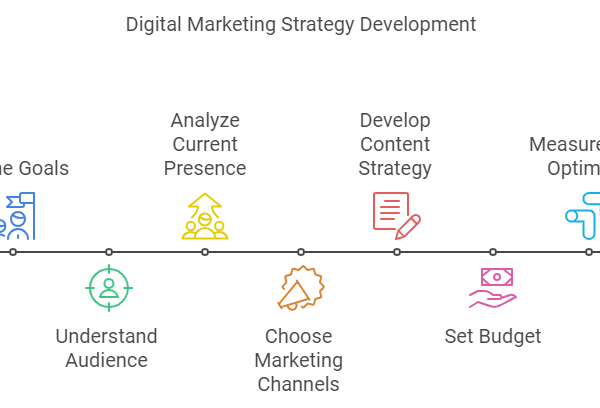
Dissertation writing is a crucial academic task that requires careful planning, research, and execution. Whether you’re a graduate student working on your thesis or a doctoral candidate preparing for your dissertation defense, the process can be daunting. However, with the right approach and mindset, you can navigate the complexities of dissertation writing successfully. Here are some expert tips to help you excel in your dissertation writing journey.
Introduction to Dissertation Writing
Dissertation writing is a formal academic exercise that demonstrates a student’s ability to conduct independent research and present their findings in a coherent and structured manner. It is often the culminating project of a graduate or doctoral program and requires a significant amount of time and effort to complete.
Importance of Dissertation Writing
Dissertations are important for several reasons. They allow students to delve deeply into a topic of interest, develop their research and analytical skills, and make a meaningful contribution to their field of study. Additionally, dissertations are often required for graduation and can significantly impact a student’s academic and professional future.
Planning Your Dissertation
Planning is essential for successful dissertation writing. Start by defining your research question or thesis statement, and then create a detailed plan that outlines your research methodology, timeline, and resources. A well-thought-out plan will help you stay organized and focused throughout the writing process.
Choosing a Topic
Choosing the right topic is crucial for a successful dissertation. Select a topic that interests you and aligns with your academic and career goals. Consider the scope of the topic, its relevance to your field of study, and the availability of research material.
Conducting Research
Research is a critical component of dissertation writing. Conduct thorough research using a variety of sources, including books, journals, and online databases. Take detailed notes and organize your research material to facilitate easy referencing later on.
Writing the Dissertation Proposal
Before you start writing your dissertation, you’ll need to submit a proposal outlining your research question, methodology, and objectives. The proposal should be well-written and clearly articulated to gain approval from your advisor or committee.
Structuring Your Dissertation
A well-structured dissertation is essential for clarity and coherence. Follow a standard structure, including an introduction, literature review, methodology, results, discussion, and conclusion. Use clear headings and subheadings to organize your content.
Writing the Introduction
The introduction sets the stage for your dissertation by introducing the topic, stating your research question or thesis statement, and providing an overview of your research methodology and objectives. Keep the introduction concise and engaging to capture the reader’s interest.
Developing the Literature Review
The literature review is a critical component of your dissertation that provides a comprehensive overview of existing research on your topic. Review relevant literature from scholarly sources and identify gaps or areas for further research.
Methodology Section
The methodology section outlines the research methods you’ll use to collect and analyze data. Provide a detailed explanation of your research design, data collection methods, and data analysis techniques.
Results and Analysis
Present your research findings in a clear and organized manner. Use tables, graphs, and charts to illustrate your results and provide a detailed analysis of your findings.
Discussion and Conclusion
The discussion section allows you to interpret your findings and discuss their implications. Provide a critical analysis of your research and relate your findings back to your research question or thesis statement. Conclude your dissertation with a summary of your key findings and recommendations for future research.
Formatting and Editing
Pay attention to formatting and editing to ensure your dissertation is well-presented and free of errors. Follow the formatting guidelines provided by your institution and use a consistent style throughout your dissertation.
Tips for Successful Dissertation Writing
Start early and create a realistic timeline for completing your dissertation.
Break the writing process into manageable tasks and set achievable goals.
Seek feedback from your advisor or committee throughout the writing process.
Take breaks and allow yourself time to rest and recharge.
Stay organized and keep track of your research material and references.
Conclusion
Dissertation writing is a challenging but rewarding endeavor that allows you to demonstrate your academic prowess and contribute to your field of study. By following these expert tips, you can navigate the complexities of dissertation writing with confidence and achieve excellence in your academic pursuits.











